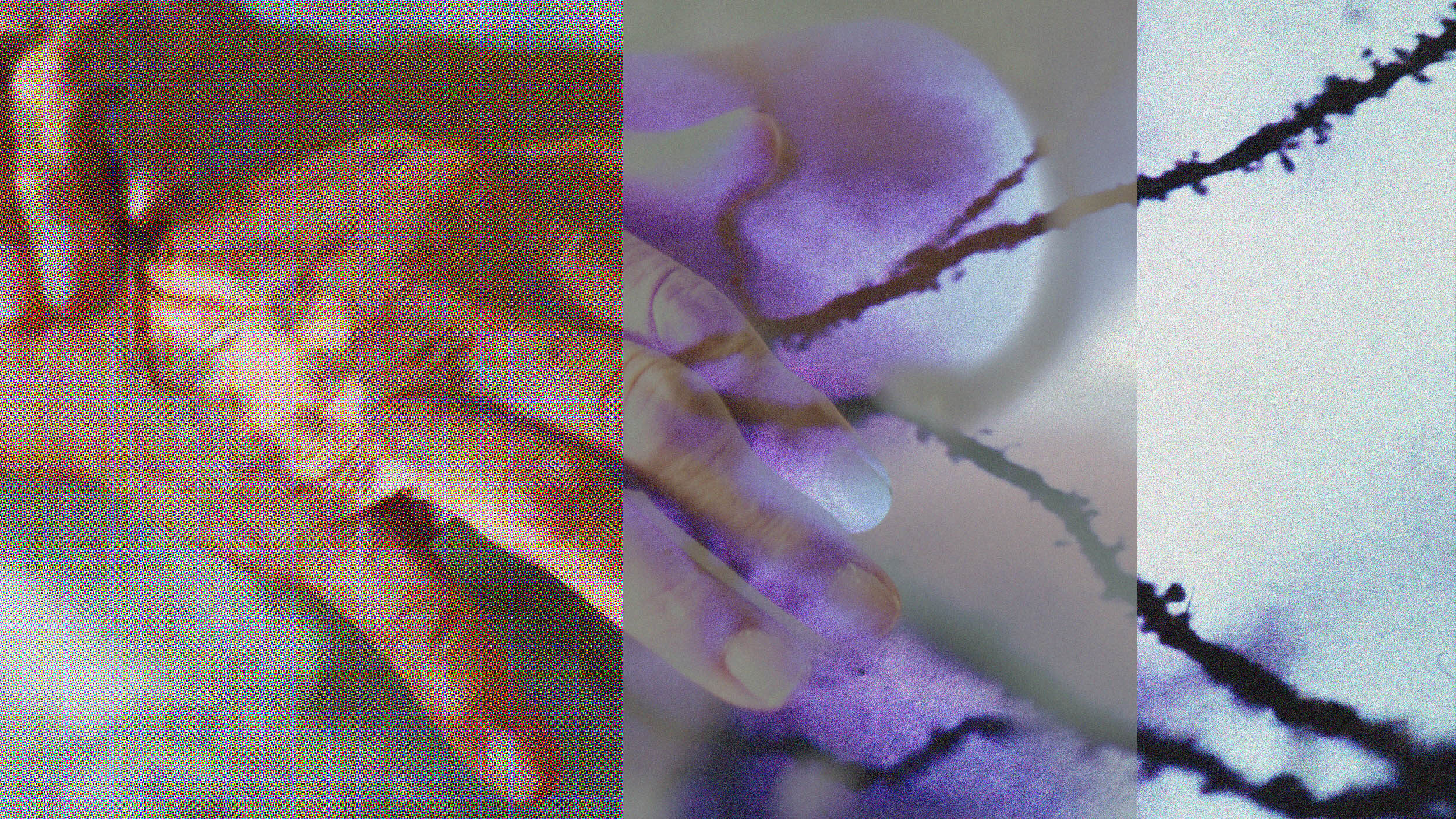Sex educator Emily Nagoski discusses why we need to better understand the role of sex among neurodivergent people. Are the sexual needs of neurodivergent people different from those who are neurotypical? And if they are, how can we teach about it in a way that makes an impact?
Nagoski believes it is time to ditch the one-size-fits-all approach to sex education that leaves neurodivergent people behind. Factors such as sensory sensitivities, social dynamics, and behavioral patterns likely shape their experiences, as well as that of their partners.
More in-depth research will not only help sex educators provide more inclusive guidance, but also help neurodivergent people, and the people who love them, have better sex.
EMILY NAGOSKI: I really want to know, are there strategies, evidence-based interventions, we can use to help partners where one is neurodivergent and the other is neurotypical — help them to communicate effectively across that difference about what they need and want sexually?
Are there differences in how we should be doing sex education for different experiences of neurodivergence? Different ways I should be teaching neurotypical people versus the way that I would teach a group of autistic people? I don't know any of those answers, and I need all of them yesterday.
So the term 'neurodivergence,' is in contrast to 'neurotypical.' Some people include mood disorders or anxiety disorders in neurodivergent, ADHD and ADD; attentional differences are part of neurodivergence, and autism spectrum disorders are part of neurodivergence. Neurodivergence is the phenomenon, a person is neurodivergent or neurotypical. People may be neurodivergent, but also allistic, which means they're not autistic.
So a question I have been getting is: How neurodivergence can impact people's sexual functioning, specifically people on the autism spectrum? Because of the social differences with autism, you're trying to learn the rules — how do I do it right?
And unfortunately, trying to learn to have sex by watching porn is like trying to learn to drive by watching NASCAR. Those are professionals on a closed course with a pit crew. But, if you're autistic and you're just trying to learn the rules of how to do this thing, then you do what you saw, and you're doing it based on what the behaviors were rather than noticing what the sensation feels like, what feels good.
Autism is diagnosed based on three criteria: One is sensory differences. One of the standard narratives is that people on the spectrum prefer deep touch and pressure instead of light touch or what we might consider stroking. There's a different set of receptors that perceive light touch sensations and people on the spectrum may perceive that sensation as really irritating.
They may have sensory overload where there is just too much stimulation in the central nervous system and they either meltdown or shut down. Melting down is where you lose control. You have your mood and you might rock and cry. And a shutdown is where you blank out. You need to sit in the dark and be totally still.
Sex is an intensely sensory experience, right? So, as people become more and more attuned to what their acceptable level of sensations are, they may begin to notice when they get to an overload place.
Another difference is in social interactions: having a very different way of reading social interactions, wanting things to be structured. Having a conversation about like, "Here are the behaviors we're going to engage in. Here are the hard limits of things we are definitely not going to engage in." Make it explicit. Tell me what to expect and let me know what my role is here.
The third difference that's part of the diagnosis of autism is repetitive behaviors: having things work the same, way having motor patterns and it could be that wanting to have these more rigid, repetitive, ritualized ways of approaching sex is gonna feel like a better fit.
One of the questions I've been asked is if there's a relationship between autism and interest in BDSM, and in a way, it makes sense just knowing about sensory differences. Maybe that's a person who's going to enjoy really intense deep sensations like whipping, rope play, being tied up because of the difference in how you perceive sensations, but also because the rules of BDSM are much more likely to be explicit.
That's a pretty good match for how many autistic people prefer to have their social interactions structured. We don't even know yet if there is an over-representation of autistic people in the kink community, but if there is a true correlation, what is it about that? What's going on with that relationship? I have only questions, lots of them.
The research has an extremely long way to go. We have a theoretical framework for exploring an extremely small number of studies; not all of which are conducted in a way that the autistic people who are participating would feel good about. When you're studying a vulnerable population the research needs to be conducted and written up in a way that feels right for that population.
And when you've met one autistic person, you have met one autistic person- everyone is really different. So how their sensory differences and their social differences and their longing for routine or patterns is going to be very different from individual to individual. This is the research we need to help folks on the spectrum be able to identify what their preferred sensations are and what their limits are- and be able to love those as being just as valid and valuable as a neurotypical person's experience.







